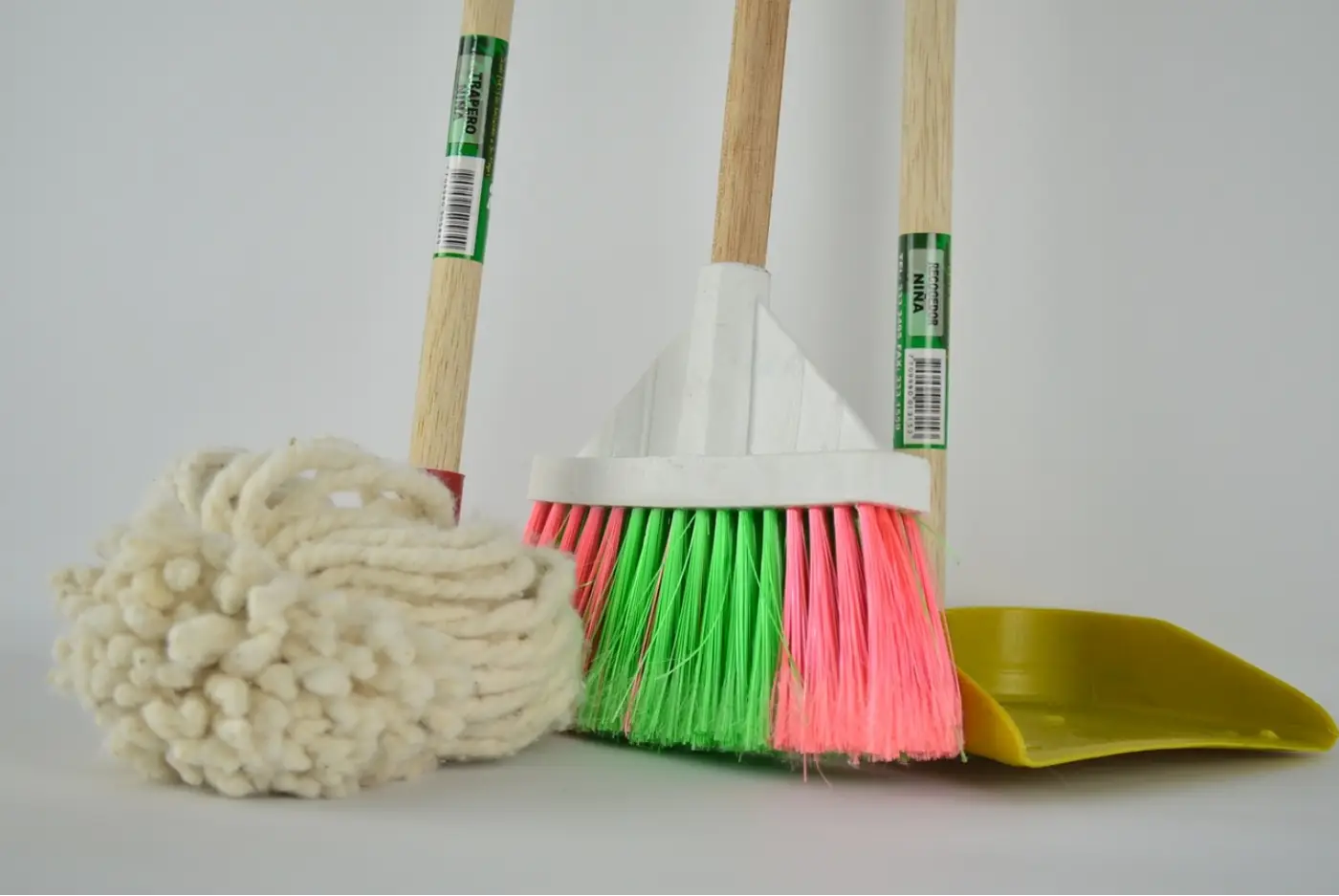When it comes to maintaining a clean and safe environment, few things are as crucial as the cleanliness of your floors. Whether in an office a, healthcare facility, retail store, or any other setting, floors are subjected to a constant barrage of dirt, dust, spills, and foot traffic. This is where the science of floor care comes into play, and it’s indeed a janitor’s secret weapon.
Understanding the Complex Nature of Floors
To appreciate the science behind floor care, it’s essential to understand that not all floors are created equal. Different types of flooring materials require unique approaches to cleaning and maintenance. Whether it’s hardwood, carpet, tile, or vinyl, each surface has distinct characteristics that demand specialized care.
For instance, hardwood floors are susceptible to scratches and water damage, while carpeting can trap allergens and require deep cleaning to maintain a healthy indoor environment. Tile floors may have grout lines that collect dirt and stains, and vinyl floors need to be protected from wear and tear.
The Chemistry of Clean
One aspect of the science of floor care involves the chemistry of cleaning products. Janitors use a variety of cleaning solutions, each formulated to address specific issues. For example, pH-balanced cleaners are used on hardwood floors to avoid damaging the finish, while alkaline or acidic cleaners may be employed on tile or grout.
The choice of cleaning products and their chemical composition is crucial to ensuring that dirt, grime, and stains are effectively removed without harming the floor’s surface. This chemistry is a key element of floor care science, as janitors must balance the cleaning power of products with the protection of the floor material.
Mechanics and Equipment
Effective floor care also relies on the mechanics of cleaning. Janitors use various equipment, such as brooms, mops, scrubbers, and vacuums, to mechanically remove dirt and debris. The selection of the right equipment for the job is vital. For instance, using a vacuum with a HEPA filter can efficiently remove allergens from carpeted areas, while auto-scrubbers are perfect for deep cleaning and maintaining the shine of hard surfaces.
Moreover, understanding the mechanical processes, including the right pressure, speed, and technique for scrubbing or buffing, is critical in achieving optimal results. This mechanical expertise is another layer of the science behind floor care.
Prevention and Protection
In the world of floor care, prevention is as important as cleaning. Janitors often use protective measures to safeguard floors against damage. This may include the strategic placement of floor mats to trap dirt at entryways, applying floor finishes to create a protective barrier, and implementing regular maintenance schedules.
Preventive measures play a crucial role in extending the lifespan of floors and reducing the frequency of intense cleaning. Janitors employ their knowledge of the unique needs of different floor types to determine the most suitable prevention and protection strategies.
Adapting to Changing Conditions
The science of floor care is not static; it evolves with advancements in technology and shifts in environmental concerns. Janitors need to stay updated on the latest trends in sustainable cleaning practices and green cleaning products. As sustainability becomes increasingly important, janitors are exploring eco-friendly options that reduce the environmental impact of their work.
Moreover, the COVID-19 pandemic has brought new challenges, with heightened attention to disinfection and sanitation. Janitors have had to adapt by incorporating effective sanitization measures into their floor care routines.
Conclusion
In summary, the science of floor care is a multi-faceted discipline that combines knowledge of different flooring materials, chemistry, mechanics, and prevention strategies. Janitors are not just cleaners; they are skilled professionals who understand the intricacies of maintaining clean and safe floors. By applying this science, they keep our environments not only looking their best but also healthier and more comfortable. Next time you walk into a spotless facility, remember that it’s not just a clean floor; it’s a testament to the secret weapon in the hands of dedicated janitors—the science of floor care.


0 Comments